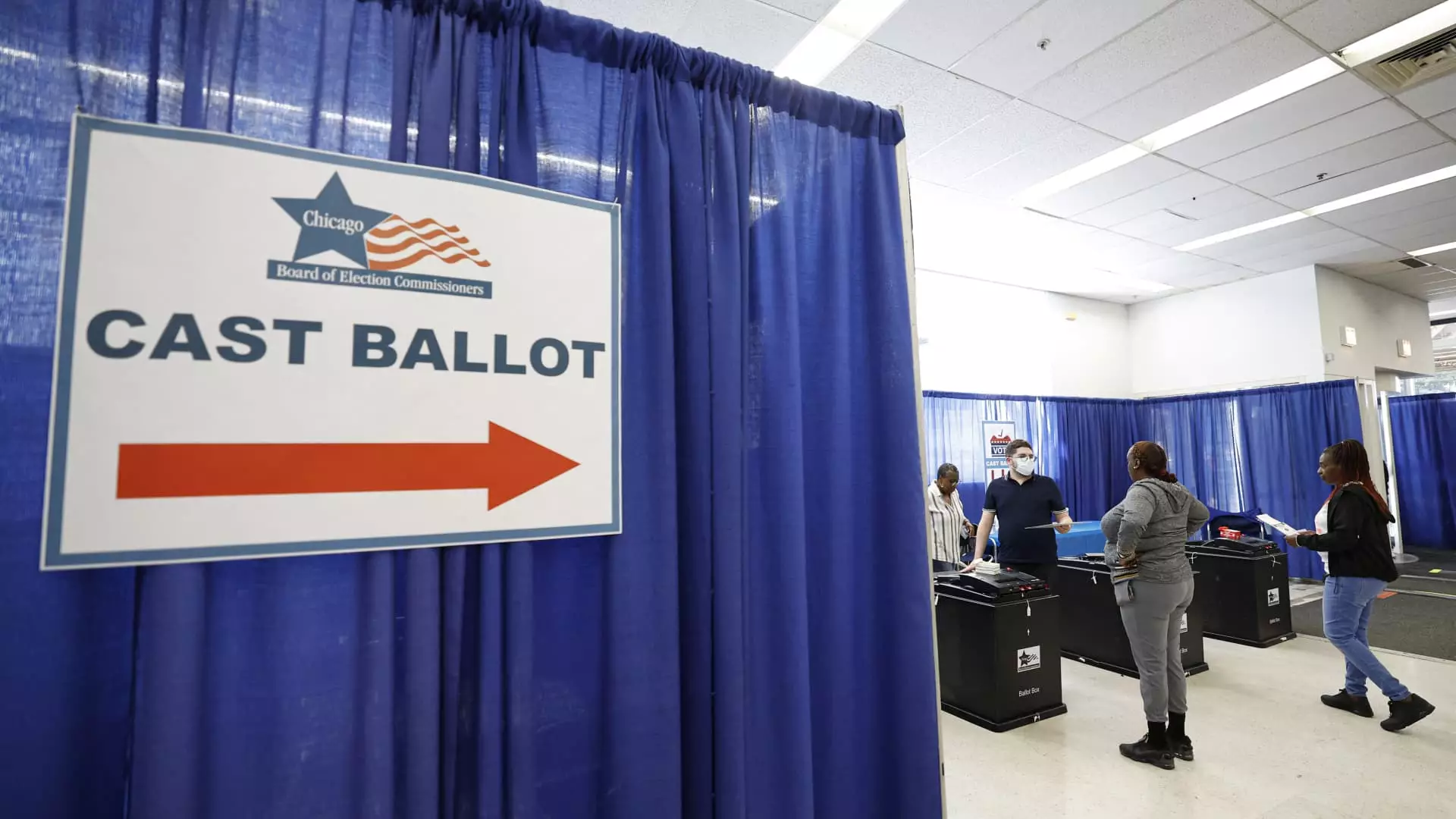In the United States, discussions about money often rank as one of the most uncomfortable topics, overshadowed only by subjects like politics and religion. Recent surveys reveal that Americans would rather divulge their voting preferences in a presidential election than discuss their financial situations. A research study conducted by U.S. Bank, involving 3,500 respondents, corroborates this phenomenon, suggesting that a significant number of individuals are more willing to expose their political leanings than their monetary circumstances. This trend is further reinforced by a Wells Fargo survey indicating that personal finances can be just as challenging to navigate in conversation as intimate subjects like sex. The avoidance of financial discussions suggests a deep-rooted cultural taboo that can have detrimental effects on personal relationships and financial well-being.
Worries, Aspirations, and Financial Anxiety
According to Scott Ford, president of wealth management at U.S. Bank, the high level of discomfort surrounding money conversations stems from the emotional baggage intertwined with financial matters. Money is often linked to personal anxieties, insecurities, and aspirations, making it a sensitive topic for many. Preston Cherry, a certified financial planner, emphasizes that while money encompasses daily living and planning for future goals, discussing finances with others can feel overwhelmingly personal. In contrast, political discussions occur infrequently, making their perceived stakes lower. The idea that money talk could lead to rejection or judgment frequently results in avoidance, creating an emotional wall between individuals and their financial realities.
Despite the challenges, data indicates a positive trend in financial discussions among families, particularly between parents and their children. U.S. Bank’s research suggests modern parents are now nearly twice as likely to involve their kids in conversations about investing and financial literacy than previous generations were. However, this progress is tempered by the fact that nearly 45% of respondents remain uninformed about their parents’ financial statuses. The significance of open communication becomes increasingly evident as families face the responsibilities associated with aging relatives and potential financial emergencies.
Financial advisors are quick to highlight the risks associated with avoiding these critical conversations. Winnie Sun notes, “Not having open discussions about finances can lead to misunderstandings and financial misalignment, ultimately stifling the potential for effective wealth building.” Similarly, Douglas Boneparth warns that failing to engage in financial dialogue can result in costly legal mistakes, especially concerning estate planning or intergenerational wealth transfer. As Ford puts it, “People should strive to have these important discussions before an emergency arises.”
Starting a conversation about money can be daunting, but experts advise beginning with everyday topics that seem manageable, such as discussing the costs of prescription medications or budgeting for groceries. These small steps build a foundation for deeper discussions about financial planning and preparedness. The emphasis on gradual engagement presents an accessible way for families to address the uncomfortable subject of finances without overwhelming anxiety.
Additionally, families can benefit from having a comprehensive emergency plan that includes clear information on vital matters such as wills, bank accounts, and healthcare plans. Ted Jenkin suggests that when approaching family members, emphasizing the desire for organization rather than prying into their income can lower barriers and promote openness.
The propensity for silence surrounding finances is not confined to family discussions. Among couples, miscommunication regarding money often leads to conflict. U.S. Bank’s findings state that over one-third of American couples disagree on how to manage finances and even more alarming, 30% admit to lying to their partners about money. This phenomenon, known as financial infidelity, indicates that a lack of transparency can breed significant issues in relationships.
Financial advisors encourage couples to foster a welcoming environment where both partners feel safe discussing their perspectives on money management. Cherry points out that working through these challenges often requires both parties to listen without judgment in order to achieve common financial goals. Professional financial advisors can play a pivotal role in mediating financial discussions between couples, helping them address differences and reach consensus.
Addressing the cultural reluctance to discuss finances is crucial for building stronger familial and romantic relationships while promoting overall financial literacy. Timely discussions about money not only reduce anxiety but also empower individuals to take control of their financial futures. The absence of financial conversations can lead to missed opportunities for planning and wealth creation. Therefore, taking the initiative to cultivate these discussions is not just necessary; it is transformative for families seeking financial stability and peace of mind. Ultimately, shifting the narrative around money from taboo to a regular topic of conversation can foster healthier relationships and more informed financial decision-making for all involved.


Leave a Reply